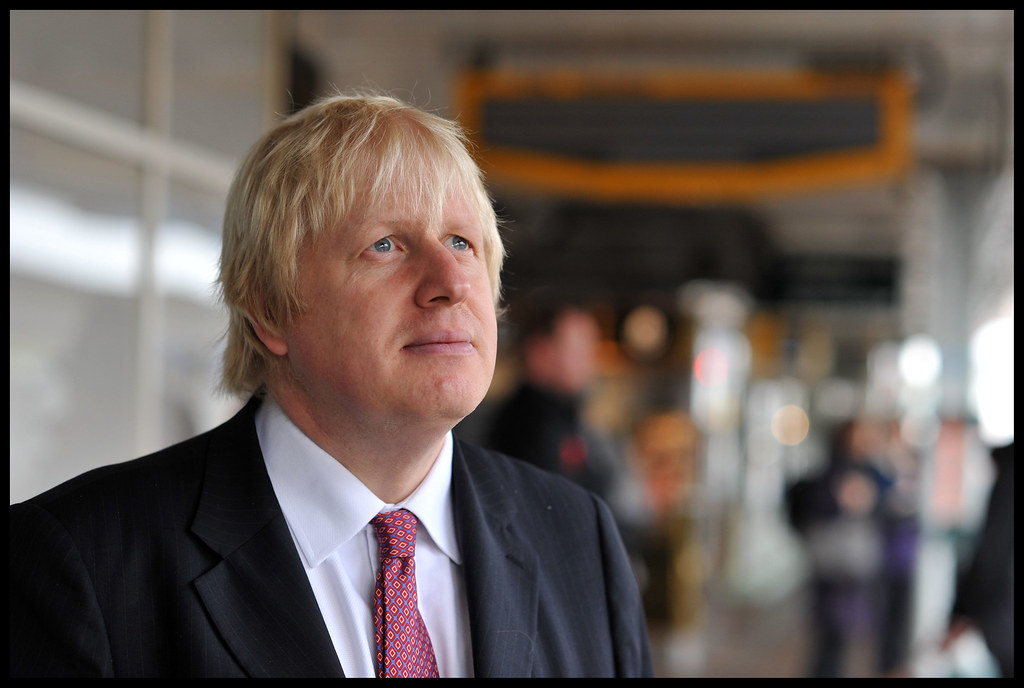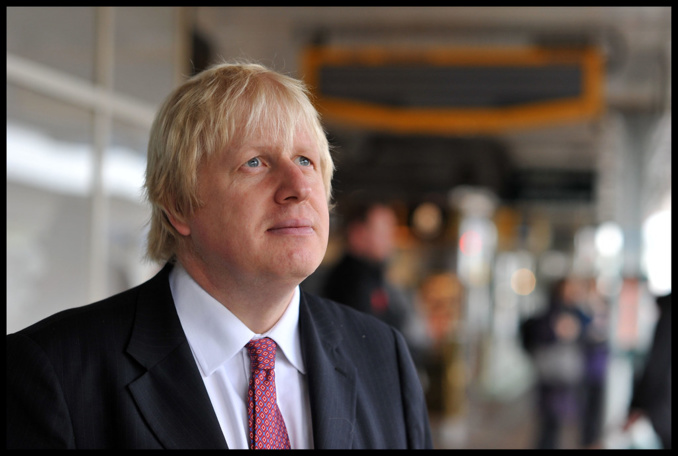“This government will no longer delay Brexit,” said British Prime Minister Boris Johnson on Monday. Meanwhile, the EU seems to have changed its previous opinion. Five of the seven political groups of the European Parliament, including the largest of them, the European People’s Party, the Progressive Alliance of Socialists and Democrats, and the Renew Europe, came forward with the initiative to postpone the Brexit date.
EP Chairman David Sassoli said on Thursday that the relevant resolution would be considered at a plenary session in Strasbourg next week. Speaking about the meaning of such an initiative, he noted: the new Brexit date is needed in order to "avoid exit without an agreement." Or, Mr. Sassoli added, such a step would be needed in the event of holding general early elections in the UK.
Recall that Brexit has previously been postponed from March 29 to October 31, 2019. The root of the problem lies in the Irish border backstop: the regime of Northern Ireland stay for the transitional period as part of the EU Customs Union and the single European market, agreed by London and Brussels. Boris Johnson stands against it. At the same time, he and most heads of state and government of the EU countries argue that there should not be new delays.
The European parliamentarians are worried not only by the approaching Brexit deadlines, but also by the crisis plan announced by the UK Cabinet in the event of the no-deal scenario.
The plan, codenamed Operation Yellowhammer, first became known in September 2018, after a photograph of the document was published by the BBC. A year later, already under Boris Johnson, the Cabinet announced that they “could not confirm” whether it was still valid.
However, under pressure from the House of Commons, it was officially published on Wednesday. The authors of the five-page document predict an increase in food and fuel prices, interruptions in the supply of medicines, transport collapse on both sides of the English Channel, as well as cases of public order disorder across the UK, which will require involvement of a “significant number of police officers." According to the document, which dates from the beginning of August, all this is “reasonable assumptions when planning the worst case scenario” when the UK leaves without a deal.
source: bbc.com, reuters.com
EP Chairman David Sassoli said on Thursday that the relevant resolution would be considered at a plenary session in Strasbourg next week. Speaking about the meaning of such an initiative, he noted: the new Brexit date is needed in order to "avoid exit without an agreement." Or, Mr. Sassoli added, such a step would be needed in the event of holding general early elections in the UK.
Recall that Brexit has previously been postponed from March 29 to October 31, 2019. The root of the problem lies in the Irish border backstop: the regime of Northern Ireland stay for the transitional period as part of the EU Customs Union and the single European market, agreed by London and Brussels. Boris Johnson stands against it. At the same time, he and most heads of state and government of the EU countries argue that there should not be new delays.
The European parliamentarians are worried not only by the approaching Brexit deadlines, but also by the crisis plan announced by the UK Cabinet in the event of the no-deal scenario.
The plan, codenamed Operation Yellowhammer, first became known in September 2018, after a photograph of the document was published by the BBC. A year later, already under Boris Johnson, the Cabinet announced that they “could not confirm” whether it was still valid.
However, under pressure from the House of Commons, it was officially published on Wednesday. The authors of the five-page document predict an increase in food and fuel prices, interruptions in the supply of medicines, transport collapse on both sides of the English Channel, as well as cases of public order disorder across the UK, which will require involvement of a “significant number of police officers." According to the document, which dates from the beginning of August, all this is “reasonable assumptions when planning the worst case scenario” when the UK leaves without a deal.
source: bbc.com, reuters.com



















